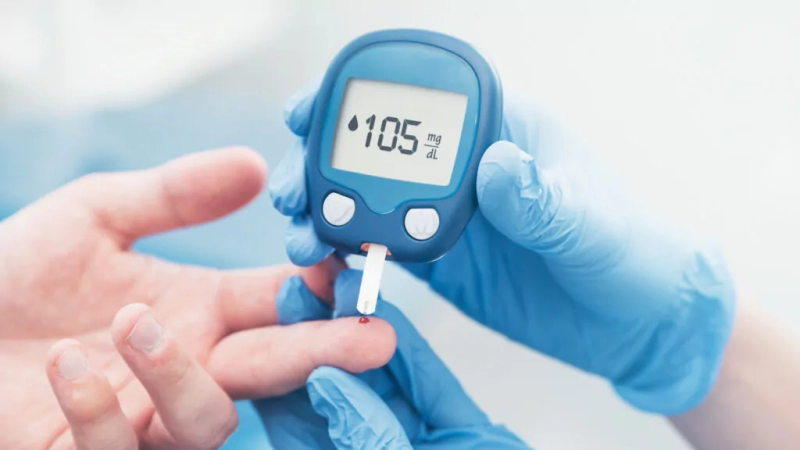Regulatory Agency of UK, MHRA (Medicines and Healthcare products Regulatory Agency) and its counterpart in India, CDSCO (Central Drugs Standard Control Organization) signed MoU to increase collaboration in the medicine area and medical devices industry to boost public safety. The promotion of their regulatory framework, requirement and processes are the central understanding of the agreement. Additional details regarding Indian regulatory framework, the list of documents required, entry strategies in India, authorized Indian agent could be found in Morulaa’s blog section under the CDSCO category.
The Drugs Controller General India, Dr Gyanendra Nath Singh said, “The MoU is going to create a new platform where patients will be given utmost importance. Quality medicine, affordability and transparency will be the tools for making medicines available to the people of the two nations”. MHRA Chairman, Professor Michael Rawlins said “We operate in a global environment and agreements such as these serve to further strengthen our ability to promote good practices and we look forward to working even closer with our Indian counterparts,”
In 2014, 49 out of 125 inspections held in Non-EU countries were conducted in India alone by MHRA. Overall the MHRA has conducted 550 inspections in UK. India accounts for 2.4 per cent of the global pharma industry and is also the third largest in terms of volume, states the India Brand Equity Foundation.
Other News
India Medical Device Pricing Strategy: Ensuring Growth & Affordability
India’s National Pharmaceutical Pricing Authority (NPPA) is developing a specialized India medical device pricing strategy for medical devices, transitioning away from the conventional drug-centric framework. This innovative strategy will incorporate international pricing tactics tailored to […]
Read MoreImports of High-Value Medical Equipment
High-Value Medical Equipment The Central Drugs Standard Control Organization (CDSCO) and the Central Board of Indirect Taxes & Customs have released a new circular, “F.No.401/40/2021-Cus.III,” detailing updated policies on the import of used high-end medical […]
Read MoreSEC Committee: Pioneering Medical Approvals
New important article released by Central Drugs Standard Control Organization (CDSCO) titled “SEC – Special Expert Committee, Medical Devices”. Key highlights include the streamlined processes for CDSCO application evaluations, preparation and significance of briefing materials, […]
Read MoreErlySign Oral Cancer Detection Technology Gets CDSCO Nod
ErlySign, a Nagpur-based biotech startup, has received approval from the Central Drugs Standard Control Organization (CDSCO) to conduct large-scale clinical trials for its novel oral cancer detection technology. The approval for ErlySign follows a rigorous […]
Read MoreAdditional Steps Announced by FDA to Modernize Clinical Trials
The U.S. Food and Drug Administration has made draft guidance available with updated recommendations for good clinical practices (GCPs), which are intended to modernize the clinical trial design and conduct while maintaining data integrity and […]
Read MoreAccreditation and Registration Numbers for Foreign Manufacturers Publication by PMDA
This article deals In accordance with the Pharmaceuticals and Medical Devices Act (PMD Act) of Japan, foreign businesses that wish to produce pharmaceuticals, quackery products, active pharmaceutical ingredients (APIs), or medical devices abroad and import […]
Read MoreBSI New Certification to Mitigate Antimicrobial Resistance Risk in Antibiotic Manufacturing
BSI, the business improvement and standards company, has developed a new certification to mitigate the risk of antimicrobial resistance (AMR) in antibiotic manufacturing. The certification, called the Minimized Risk of Antimicrobial Resistance (AMR) certification, will […]
Read MoreTUV SUD Inspects IVD Medical Devices’ Cyber Security
The growing digital connectivity of medical infrastructure is resulting in complicated systems with a plethora of diverse interfaces that are potentially vulnerable to assault. The IVD requires producers to provide proof of cyber security before […]
Read More


